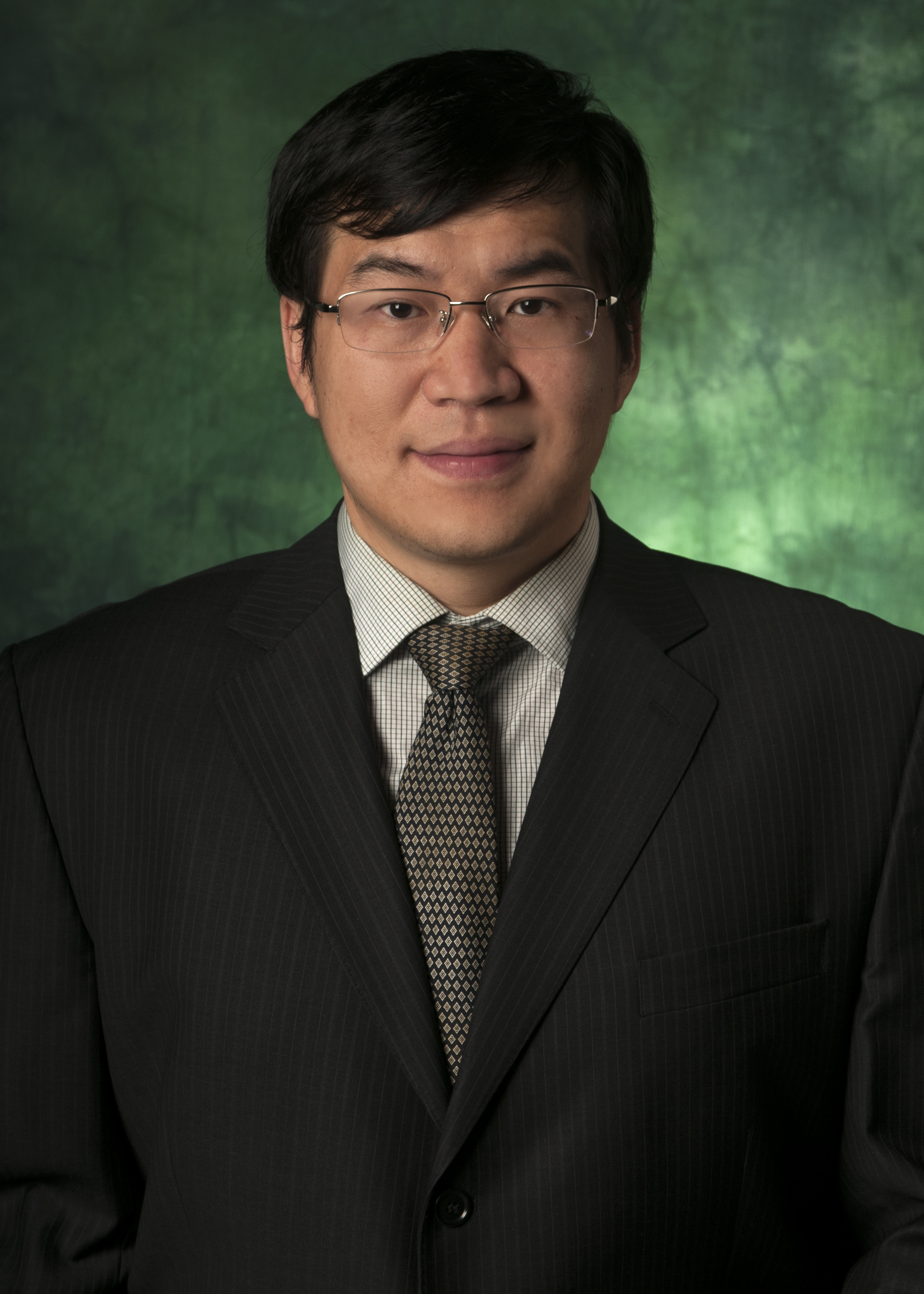
DENTON (UNT), Texas – University of North Texas College of Engineering assistant professor Tao Yang earned the prestigious 2018 Ralph E. Powe Junior Faculty Enhancement Award from the Oak Ridge Associated Universities for his research into the future of electrical distribution, microgrids.
“Traditionally, electricity is provided through one central distribution network. This means a problem in one area will affect the entire grid causing power outages and blackouts,” Yang said. “Now, imagine if each user had a microgrid. People would be able to manage their own power distribution so if the main grid goes down they will still have power.”
While a microgrid does draw power from the central grid, it can break away and operate using its own generators and other power sources such as solar and wind. The microgrid Yang designed has its own generator and draws power from renewable energy sources currently in use on campus. Yang’s microgrid would continue to work if the rest of campus lost power due to mechanical failure, severe weather, etc.
The Powe award, aimed at enhancing the research and professional growth of young faculty, is awarded to professors teaching engineering, sciences, mathematics, policy management or education. Awards from Oak Ridge, a consortium of 121 major Ph.D.-granting universities nationwide, can be used as funds for faculty summer salary, graduate student salary, travel, equipment or other assistance relevant to the faculty member's research.
About Tao Yang
Tao Yang is an assistant professor in UNT’s College of Engineering Department of Electrical Engineering. Prior to joining UNT, he was a scientist/engineer with the Energy & Environmental Directorate at the Pacific Northwest National Laboratory. From 2012 to 2014, he was an ACCESS Post-Doctoral Researcher with the ACCESS Linnaeus Centre at the Royal Institute of Technology, Sweden.
His research interests include distributed control and optimization with applications to power systems and transportation systems, Cyber Physical Systems, machine learning, networked control systems and multi-agent systems.
Yang received a bachelor’s of science degree in Computer Science from Harbin University of Science and Technology, a master’s degree with distinction in control engineering from City University, London, and his Ph.D. in electrical engineering from Washington State University.




